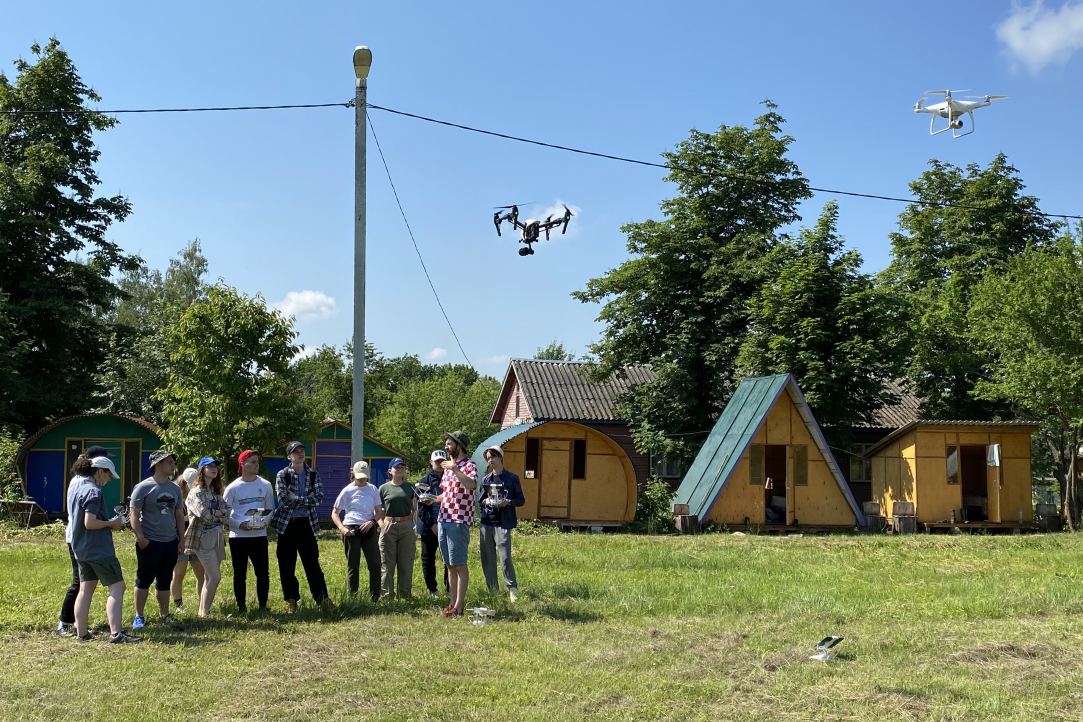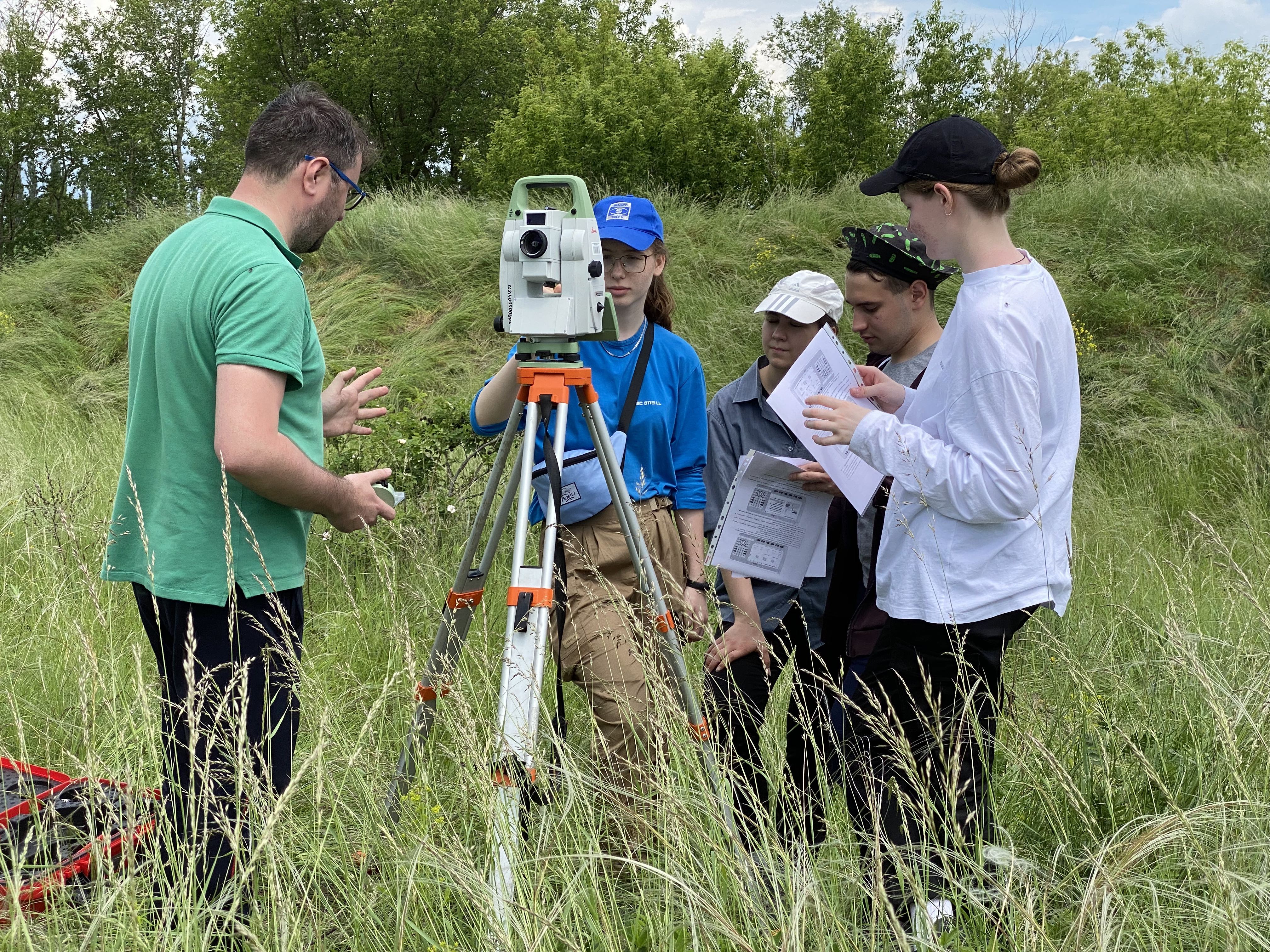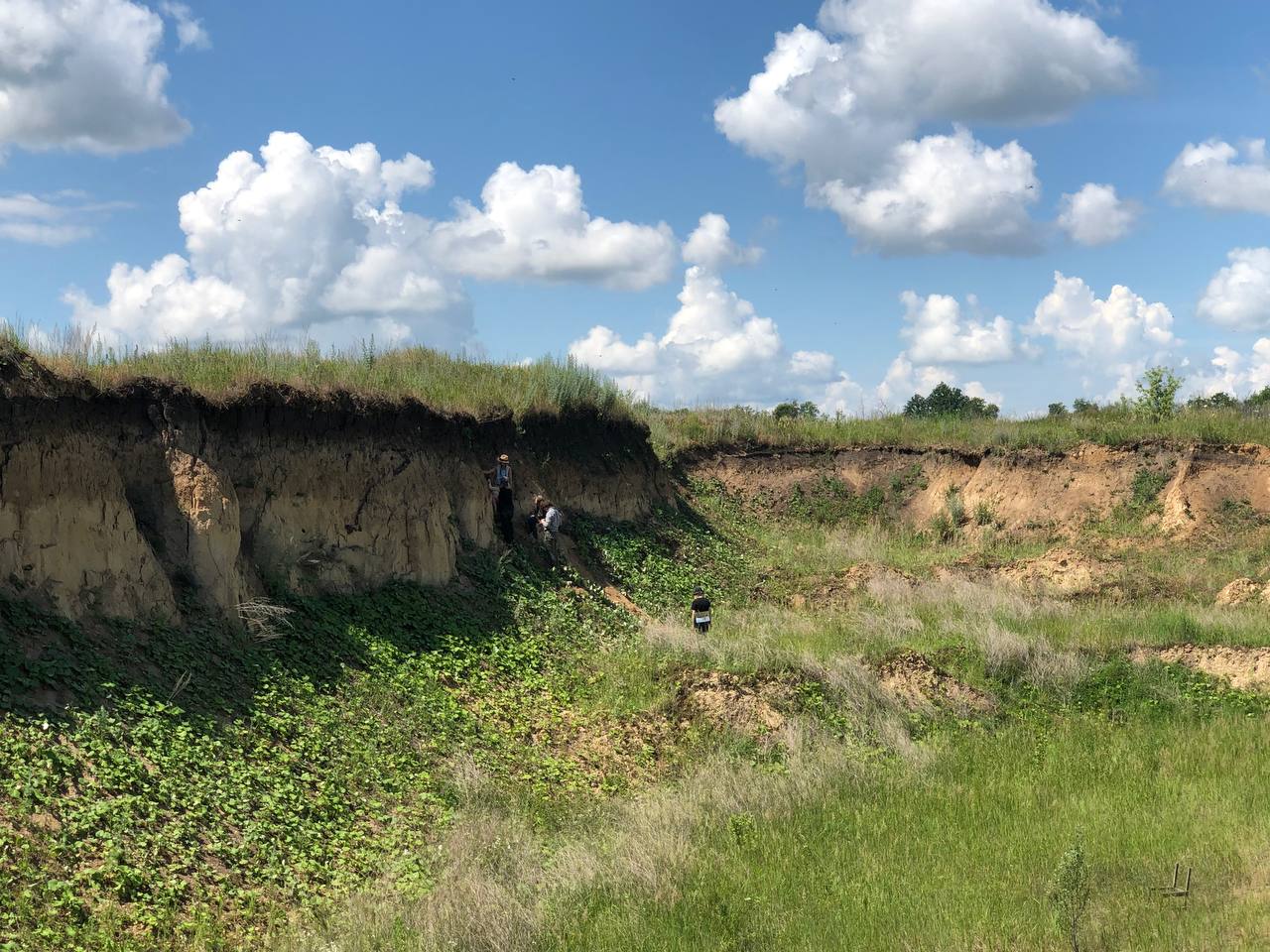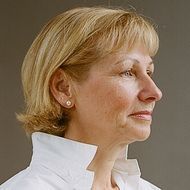- A
- A
- A
- ABC
- ABC
- ABC
- А
- А
- А
- А
- А
- HSE University
- Faculty of Geography and Geoinformation Technology
- News
- First Years Complete Their First Summer Field Practice
-
Faculty
-
Educational Programmes
Geography of Global Changes and Geoinformation Technology
Spatial Data and Applied Geoanalytics
Low Carbon Development
 Атлас изменений окружающей среды - Кыргызская Республика (Atlas of Environmental Change - Kyrgyz Republic)
Атлас изменений окружающей среды - Кыргызская Республика (Atlas of Environmental Change - Kyrgyz Republic)
Medvedev A., Alekseenko N., Kuramagomedov B. et al.
United Nations Environment Programme, 2025.
Liu W., Li Q., Cai Q. et al.
Palaeogeography, Palaeoclimatology, Palaeoecology. 2025. Vol. 666.
In bk.: Reference Module in Earth Systems and Environmental Sciences. Oxford: Elsevier, 2025. P. 1-11.
Колосов В. А., Zotova M.
Published online. 10.1080/14650045.2021.1952184. Taylor and Francis, 2021

First Years Complete Their First Summer Field Practice

The field trip took place at the Kursk Biosphere Station (KBS) of the Institute of Geography of the Russian Academy of Sciences, one of the country's scientific geographic polygons from June 12 to July 6.
Students of the Bachelor's programme in Geography of Global Changes and Geoinformation Technology were trained in 6 key geographical disciplines: geomorphology, geochemistry and soil science, geobotany, hydrometeorology, cartography and geoinformatics, and social geography. In teams of 3-4 people under the guidance of experienced researchers, young geographers tested field methods used in each of the geographical disciplines, and also collected, processed and presented the data they obtained.
In less than a month, they learned how to use drones to collect geographic data, find traces of ancient periglacial zones of the glacial epoch and describe soil profiles, determine dangerous natural processes, collect a herbarium, identify ecosystems degradation, analyze synoptic information and determine the characteristics of the microclimate, calculate water levels during floods on rivers and study water quality, and also got acquainted with the principles of drawing up questionnaires and conducting surveys. The students also learnt how to do a complex socio-geographical description of a territory.


First-year student Ekaterina Shtol shared her impressions of her stay at the KBS: 'The field trip itself was incredibly interesting. Every day there was something new. The trip made me understand what geographers do and what I would like to do in the future. At first, I was a bit nervous, but after all I didn't want to leave!'
Field trips is one of the most important stages in geographic education. 'A field trip is an opportunity to work with the objects that you are studying. Literally feel them. How does a 35,000 year old paleosol feel to the touch, and how does it differ from a 75,000 year old paleosol? Students can see natural and anthropogenic processes and, under the careful guidance of teachers, understand those cause-and-effect relationships that form our planet,' comments Maria Sidorova, Assistant Professor of the Faculty.
- About
- About
- Key Figures & Facts
- Sustainability at HSE University
- Faculties & Departments
- International Partnerships
- Faculty & Staff
- HSE Buildings
- Public Enquiries
- Studies
- Admissions
- Programme Catalogue
- Undergraduate
- Graduate
- Exchange Programmes
- Summer Schools
- Semester in Moscow
- Business Internship
-
https://elearning.hse.ru/en/mooc/
Massive Open Online Courses
-
https://www.hse.ru/en/visual/
HSE Site for the Visually Impaired
-
http://5top100.com/
Russian Academic Excellence Project 5-100
- © HSE University 1993–2025 Contacts Copyright Privacy Policy Site Map
- Edit


